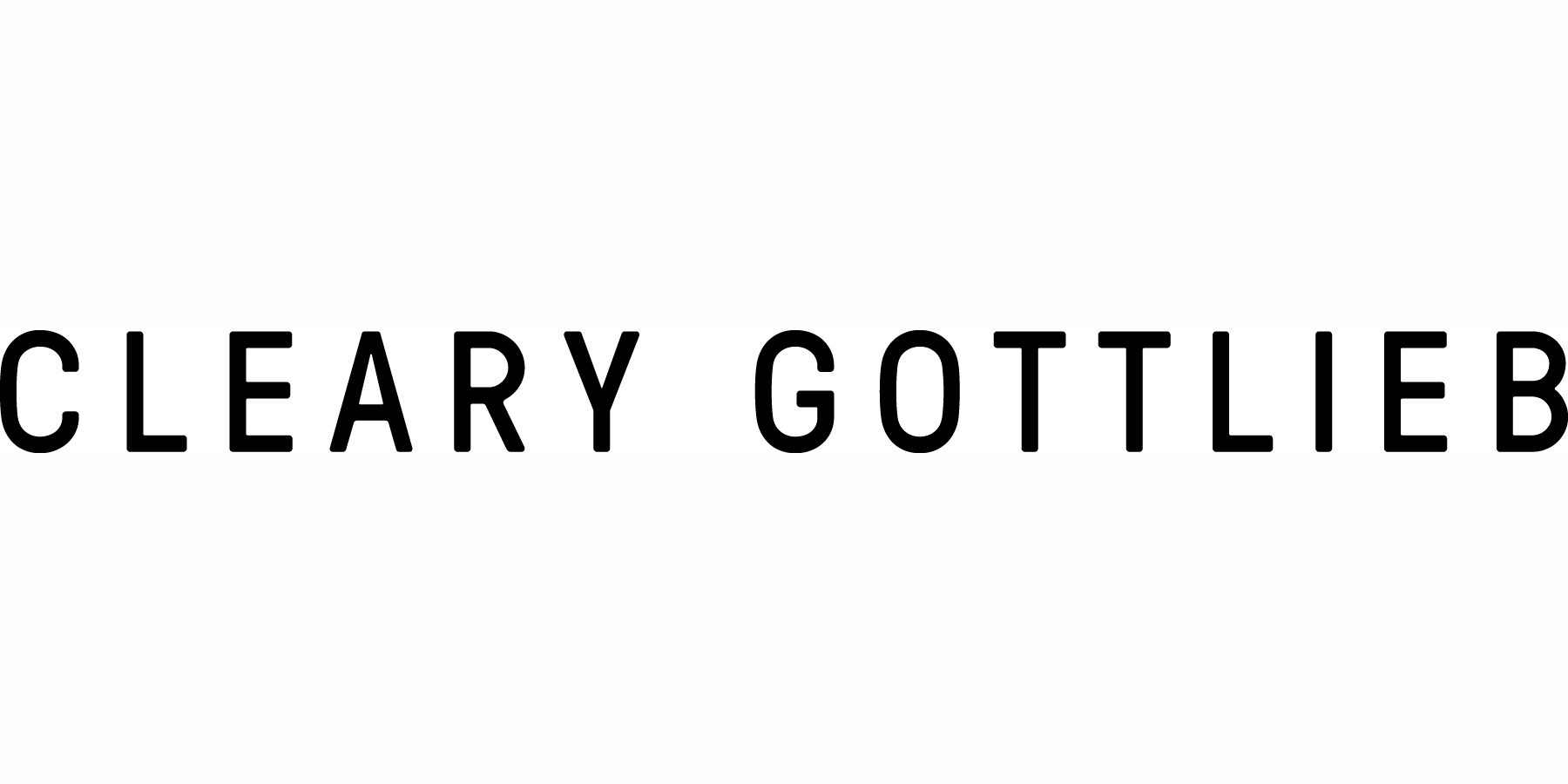Program (CET time):
All lectures include 15 min of discussion and 15 min of Q&A
|
9:00 – 10:30 Many cartels involving two-sided platforms have been uncovered all around the world. In some cases, platforms have colluded on both sides of the market. In other cases, however, they have colluded on one side and competed on the other one, which can be interpreted as a form of coopetition. How do (two-sided) collusion and coopetition affect prices and user surplus? How do these effects depend on whether users single-home or multi-home? We will address these questions and discuss their implications for cartel detection and private damages actions.
Discussant: Alexandre Carbonnel, Associate Director, NERA
|
|
10:30 - 10:50 Break
|
|
10:50 – 12:20
We study collusion among firms in response to imperfectly monitored environmental regulation. Firms improve market profits by shading pollution and evade noncompliance penalties by shading jointly. We quantify the welfare effects of alleged collusion among three German automakers to reduce the size of diesel exhaust fluid (DEF) tanks, an emission control technology used to comply with air pollution standards. We develop a structural model of the European automobile industry (2007–2018), where smaller DEF tanks create more pollution damages, but improve buyer and producer surplus by freeing up valuable trunk space and reducing production costs. We find that choosing small DEF tanks jointly reduced the automakers’ expected noncompliance penalties by at least 188–976 million euros. Antitrust and noncompliance penalties would reach between 1.46 and 7.37 billion euros to remedy the welfare
Discussant: Maurits Dolmans, Partner, Cleary Gottlieb Steen & Hamilton
|
|
12:20 – 13:40 Lunch break
|
|
13:40 - 15:10
It is generally accepted that cooperation among firms is socially desirable when it eliminates double marginalization problems among complements, but undesirable when instead it eliminates competition among substitutes. In practice, however, several factors can blur the boundary between complements and substitutes, and thus hinder policy enforcement. The lecture will first review these factors, before building on recent research to identify a particular form of cooperation, namely, price-cap agreements, which can deliver the desired benefits for complements without generating adverse impacts in case of substitutes.
Discussant: Cristina Caffarra, Senior Consultant, Charles River Associates
|
|
15:10 – 15:30 Break
|
|
15:30 – 17:00 Christian Ahlborn, Partner, Linklaters Jorge Padilla, Senior Managing Director, Compass Lexecon Sascha Schubert, Partner, Freshfields Bruckhaus Deringer
|






